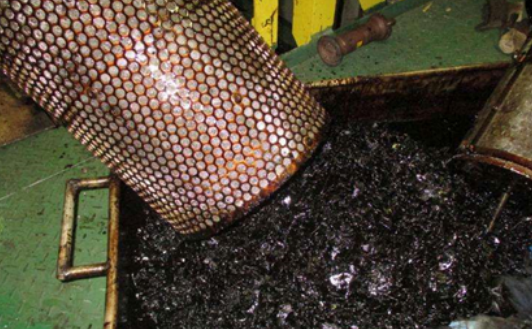VPS informs that two vessels had received contaminated fuel in Singapore, other than the twelve in Houston, raising the number to fourteen vessels in total.
The fourteen vessels that have received this contaminated fuel and suffered some form of damage to their auxiliary engines and fuel delivery systems. Initially, VPS highlighted eleven vessels had suffered operational issues, such as loss of power and propulsion whilst at sea. These effects resulted from fuel leakage in the ICU (Injection Control Unit) units and fuel pumps not being able to develop the required fuel pressure, affecting only the Auxilary engines and not Main engines. The contaminated VLSFO had been delivered in Houston, by one single fuel supplier.
The specific contaminants are:
- Di-hydro dicyclopentadiene
- Chemical CAS Number: 448-57-7
- Tetra-hydro dicyclopentadiene
- Chemical CAS Number: 6004-38-2
Should these compounds start polymerising, the fuel begins to exhibit a level of stickiness and become more viscous, making it difficult for moving components, such as fuel pump plungers and the fuel injector spindles to move freely, VPS explains. These effects cause damage to the fuel injection system. Over a period of time excessive sludge formation is likely to be experienced.
The DCPD compounds that were detected in this fuel ranged from 3,000 to 7,000 ppm (0.3-0.7%) per delivery.
In addition to the fourteen vessels suffering damages from burning this fuel, a further 18 vessels who received the contaminated fuel from thirteen additional suppliers, either witnessed no adverse reactions, or simply did not provide any feedback regarding any damages, VPS informs. In total, the volume of contaminated fuel delivered to the 32 vessels, was 61,494 metric tonnes.































































